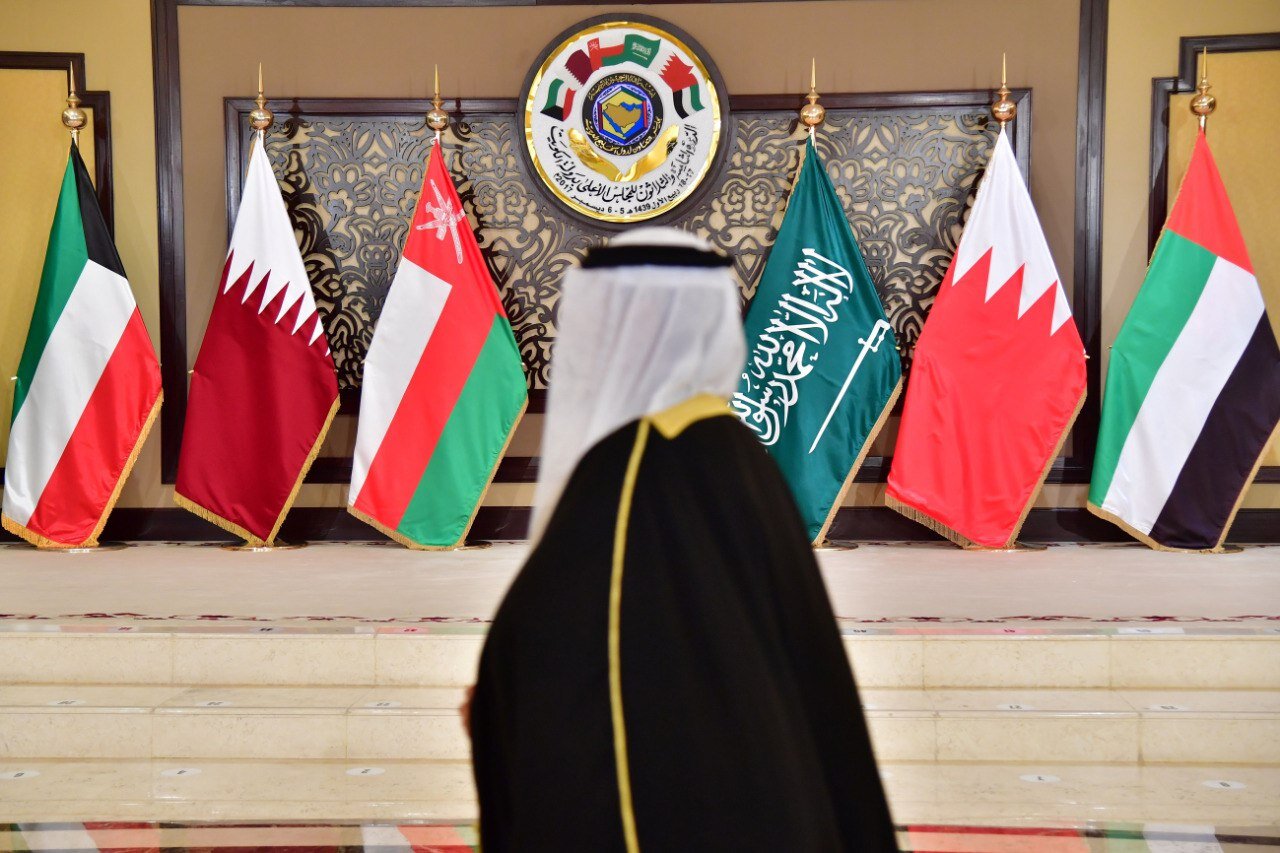Where do Arabs stand on Iran-US talks?
It appears that Persian Gulf states are no longer opposed to a potential agreement

TEHRAN – Regional Arab states have taken the public stage in recent weeks to welcome the ongoing indirect talks between Iran and the United States. But this is a clear swerve from their stances during previous Iran-US negotiations in the 2010s, when the region seemed to believe a less contentious state of relations between Tehran and Washington was something they had to steer through, rather than gain from.
Several Arab countries, including Saudi Arabia, Kuwait, Qatar, and Bahrain, have issued statements endorsing the ongoing diplomatic process between Iran and the U.S. Riyadh, for instance, affirmed that dialogue is the “key” to resolving both regional and international disputes and expressed hope that the Tehran-Washington engagement would contribute to peace and collective regional efforts. Kuwait echoed this sentiment, stating its hope that the discussions would help establish long-lasting peace in the region. The UAE’s foreign minister reiterated similar support during a phone call with his Iranian counterpart, Abbas Araghchi.
The indirect negotiations seem to be moving at a good clip, with Tehran and Washington renewing them weekly since their commencement on April 12th. Discussions are focused on Iran’s nuclear program and the removal of U.S. sanctions against the country. This marks the second time in the past decade that Tehran has engaged in talks on the scale of its nuclear activities. The first one, signed in 2015 and called the Joint Comprehensive Plan of Action (JCPOA), was scrapped by Donald Trump during his first term tenure as the U.S. President.
The current support from Arab states for the Iran-U.S. diplomatic process represents a significant change from 2018, when many of them welcomed the Trump administration's decision to withdraw from the JCPOA and reinstate sanctions on Iran.
Mohammad Reza Moradi, West Asia analyst and editor-in-chief of Mehr News Agency’s international service, believes the trend setter in the Arab world is Saudi Arabia, a country that, for the longest time, had a different take on how security is established.
"The situation is dramatically different from a decade ago. Recently, Saudi Arabia’s Defense Minister, who reports say could be the next Crown Prince, visited Tehran and met with high-ranking officials – a stark contrast to past threats by Mohammad Bin Salman to bring war into Iran."
Riyadh's shift stems from a growing recognition that regional security is inextricably linked and that Tehran is a key stakeholder. "Saudi Arabia embarked on a fruitless war in Yemen, shelled out huge sums of money, damaged its reputation, and was ultimately targeted by Ansarullah, who halved the country's oil output in 2019 with a drone strike on the Aramco facility,” the expert explained, adding that a turning point was the United States' inaction in the face of potential future attacks. "That was when the Saudis realized they could only have security inside their borders if things were also calm outside. They needed to do this through engagements with their neighbors because Americans couldn't care less about Arabs’ woes.”
Beyond concerns about a potential military confrontation between Iran and the U.S., especially given Trump's threat to "bomb" Iran's nuclear sites if a new agreement is not reached, Arab nations have also arrived at other new understandings. A military standoff between the two countries would surely be devastating for the entire region, and potentially the world, due to indefinite disruptions to oil supplies and severe environmental consequences for Persian Gulf countries. However, Arabs generally do not want Iran marginalized, now recognizing that Iran's regional influence, in some cases, provides a protective element.
“A very good example is Syria. Saudis and other Persian Gulf states fought to diminish Iranian influence in Syria for the longest time. But now that Israel has occupied part of the country and Turkey is speaking of capturing some of its other provinces, Arabs understand that an Iran-allied Syria was never a threat, compared to the expansionist forces encroaching on the war-torn nation," Moradi explained.
Tehran's objective has consistently been to foster regional engagement from all actors, not to pursue territorial expansion, he added.
Leave a Comment